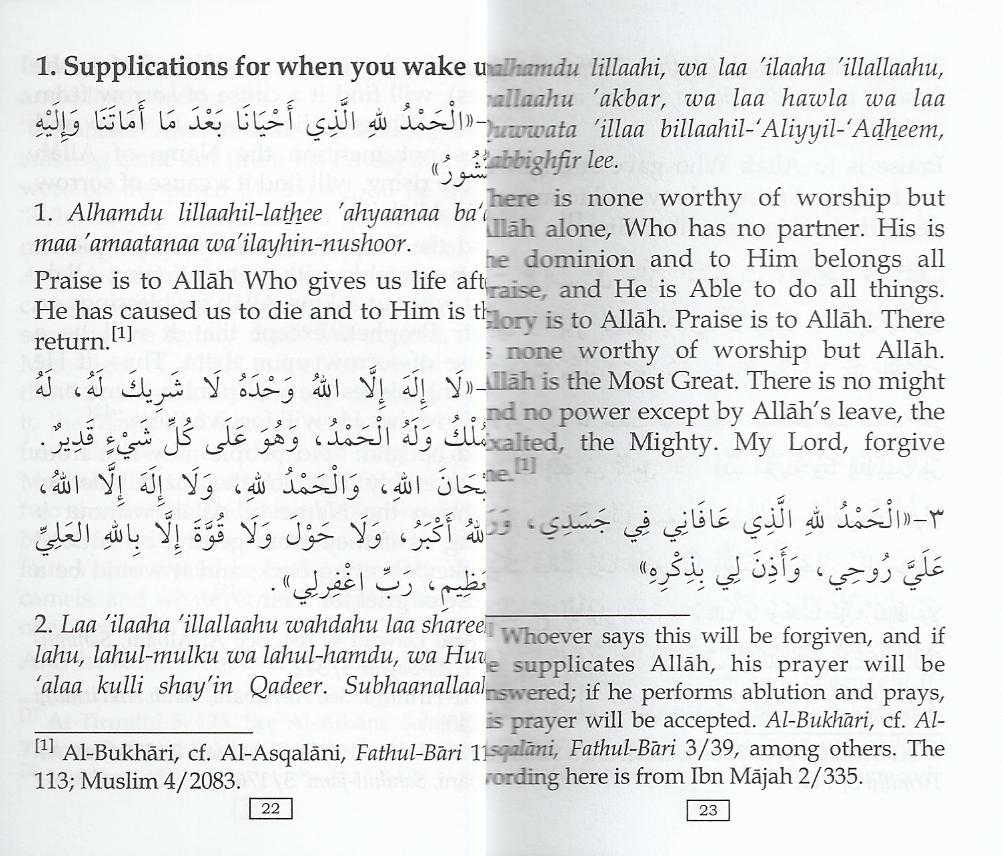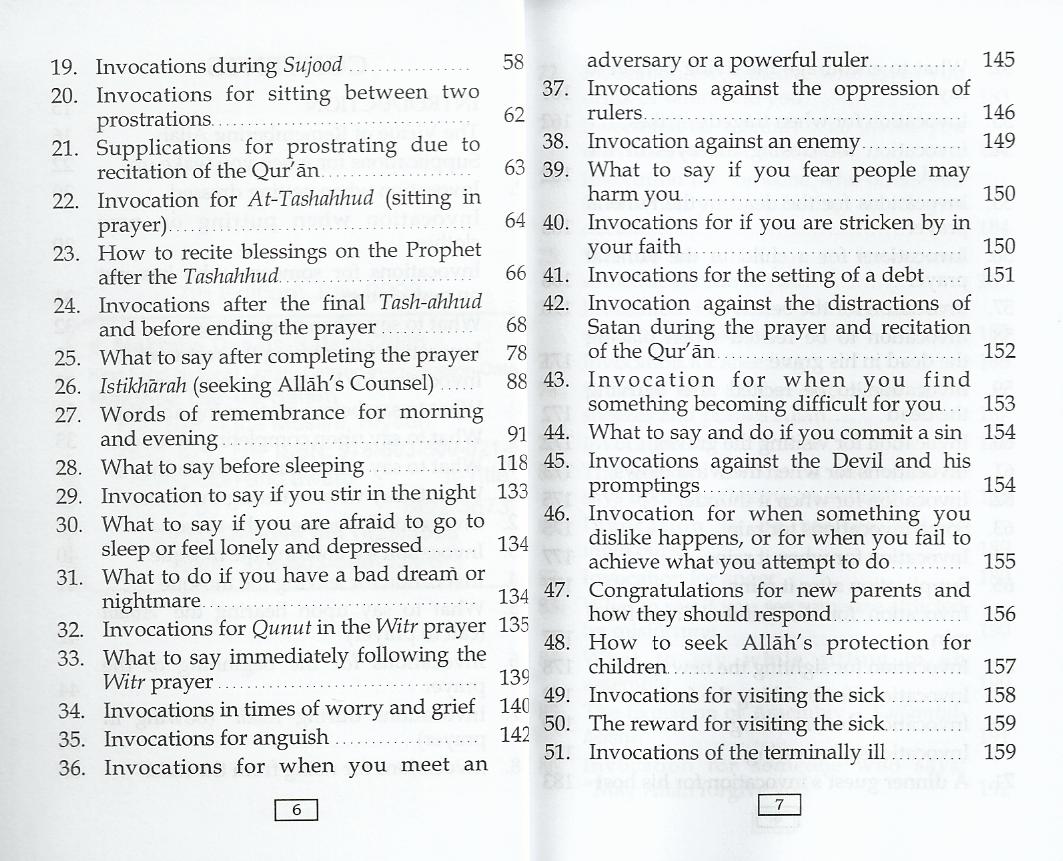(+92) 213 5342335
contact@dawahbooks.com.pk
- Easy Quran Translations
-
Translations
- English Translations
- Urdu Translations
- Roman Urdu Translations
- Sindhi Translation
- Punjabi Translation
- Pashto Translation
- Bruhai/Brohi Translation
- Chinese Translation
- Hindi Translation
- Bengali Translation
- Indonesian Translation
- Nepalese Translation
- Turkish Translation
- Filipino Translation
- Spanish Translation
- Swahili Translation
- Farsi Translation
- Marathi Translation
- French Translation
- Seerah
- Parenting & Education
- Morals & Manners
- Tarbiyah / Discipline & Training
- Contemporary Issues
- Islamic History
- Islamic Revival & End of Times
- Politics & Social Sciences
- Medicine & Science
- Business & Economics
- Dhikr & Dua / Supplications
- Arabic Language
- For Muslim Men
- For Muslim Women
- For Youth
- For Children
- For New Muslims
- For Not-Yet-Muslims
- Magazines
- Gifts
- Urdu Books
- Discounted Books
- Easy Quran Translations
-
-
- English Translations
- Urdu Translations
- Roman Urdu Translations
- Sindhi Translation
- Punjabi Translation
- Pashto Translation
- Bruhai/Brohi Translation
- Chinese Translation
- Hindi Translation
- Bengali Translation
- Indonesian Translation
- Nepalese Translation
- Turkish Translation
- Filipino Translation
- Spanish Translation
- Swahili Translation
- Farsi Translation
- Marathi Translation
- French Translation
-
- Seerah
- Parenting & Education
- Morals & Manners
- Tarbiyah / Discipline & Training
- Contemporary Issues
- Islamic History
- Islamic Revival & End of Times
- Politics & Social Sciences
- Medicine & Science
- Business & Economics
- Dhikr & Dua / Supplications
- Arabic Language
- For Muslim Men
- For Muslim Women
- For Youth
- For Children
- For New Muslims
- For Not-Yet-Muslims
- Magazines
- Gifts
- Urdu Books
- Discounted Books
(+92) 303 5342335
- Home
- Dhikr & Dua / Supplications
- Fortress Of The Muslim (Pocket Size) Fortress Of The Muslim (Pocket Size)








Fortress Of The Muslim (Pocket Size)
- Description
- Reviews
Author: Said Bin Wahf Al-Qahtani
Publisher: Darussalam
Pages: 244
Binding: Softcover
ISBN: 9960-892-64-6
About the Book: Translation of Hisnul-Muslim. ('Citadel of the Believer') This is a very beautiful booklet consists of many authentic Dua's (supplications) for a Muslim to supplicate on a daily basis and on special occasions.
Note from the Author: This book is an abridgement of my earlier work entitled, Adh-Dhikr wad-Du'a wal-'llaj bir-Ruqyah mina'-Kitab was-Sunnah. In order to make it small and easily portable, I have chosen only the section on words of remembrance for this abridgement. To achieve this, I only mentioned the text of the words of remembrance instead of the entire Hadith. I also limited myself to mentioning only one or two references from the original book for each Hadith. Whoever would like to know about the Companion who related a particular Hadith, or more information about where it is recorded, should refer to the original work (mentioned above). I ask Allah the Glorious, the Mighty, by His beautiful Names and by His sublime Attributes to accept this as having been done sincerely for His sake alone. I ask Him to bring me its benefits during my lifetime and after my death. May those who read it, those who print it, or have had any role in distributing it, benefit from it also. Surely He, glory be unto Him, is Capable of all things. May the peace and blessings of Allah be upon our Prophet, Muhammad, and upon his family and Companions and whoever follows them in piety until the Day of Judgment.
-Said bin Ali bin Wahaf Al-Qahtani
This book is one of the largest collections of duas from authentic Hadith. The compiler briefly describes the virtues of remembering Allah before stating the daily duas for actions such as waking up, performing ablution, entering and leaving the mosque, travelling, leaving an assembly and entering the market. He states the morning and evening supplications taught by the Prophet (PBUH), as well as the supplications to be made during and after salat. Duas for special occasions have also been given, ranging from invocations during rain to those when visiting graves. All duas contain the Arabic text along with the English translation and transliteration, thus making them easy to understand and learn. All duas are carefully referenced in the footnotes, with comments on their authenticity where appropriate.










